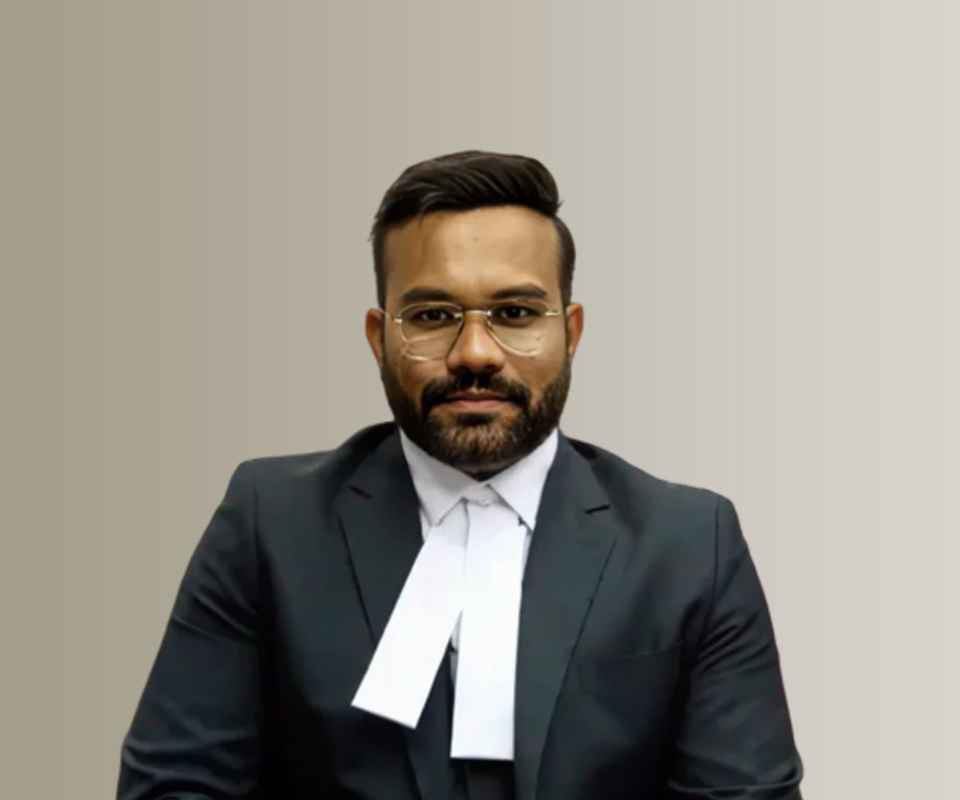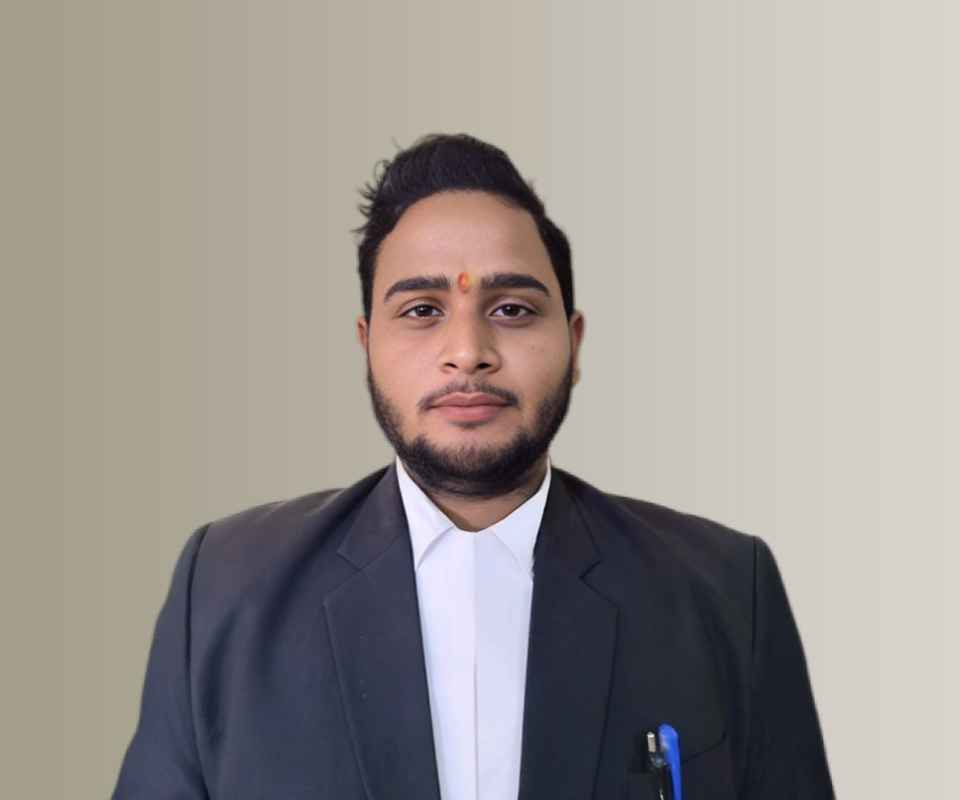Answer By law4u team
In India, inter-caste marriages, including those between individuals from MBC (Most Backward Class) and BC (Backward Class) communities, are generally allowed and legally recognized. The legal framework for inter-caste marriages is primarily governed by personal laws and various acts passed by the Indian government to promote social equality and discourage discrimination based on caste, religion, or ethnicity. Here are some key points to consider: Special Marriage Act, 1954: This is one of the primary laws governing inter-caste and inter-religious marriages in India. Under this act, couples from different castes, religions, or communities can register their marriage without any discrimination. The act provides a legal framework for individuals to marry outside their caste or community. Protection of Civil Rights Act, 1955: This act prohibits discrimination against individuals on the grounds of caste, race, religion, or place of birth. It aims to protect the civil rights of citizens and promote social justice. Scheduled Castes and Scheduled Tribes (Prevention of Atrocities) Act, 1989: This act is primarily aimed at preventing and punishing offenses against members of Scheduled Castes and Scheduled Tribes. While it doesn't directly deal with inter-caste marriages, it reinforces the principle of equal treatment and protection under the law. Supreme Court Judgment: The Supreme Court of India has repeatedly emphasized the right to choose one's life partner as a fundamental right. In various judgments, the court has upheld the freedom of individuals to marry outside their caste or community, and it has discouraged any interference or harassment by families or communities. Caste Certificate: It's important to note that obtaining a caste certificate is a separate legal process. If you or your partner wish to obtain a caste certificate, you should contact the relevant authorities in your state for guidance on the application process. While the law allows for inter-caste marriages, it's essential to be aware that societal and family pressures can sometimes create challenges. It's advisable to seek support from organizations that promote inter-caste marriages and social equality, as they can provide guidance and assistance if you face any obstacles. Additionally, it's crucial to approach the marriage with mutual consent and understanding, as well as to be aware of the legal requirements for marriage registration in your respective state or union territory in India. Consulting with a legal expert or marriage counselor can also provide you with valuable information and guidance specific to your situation.









